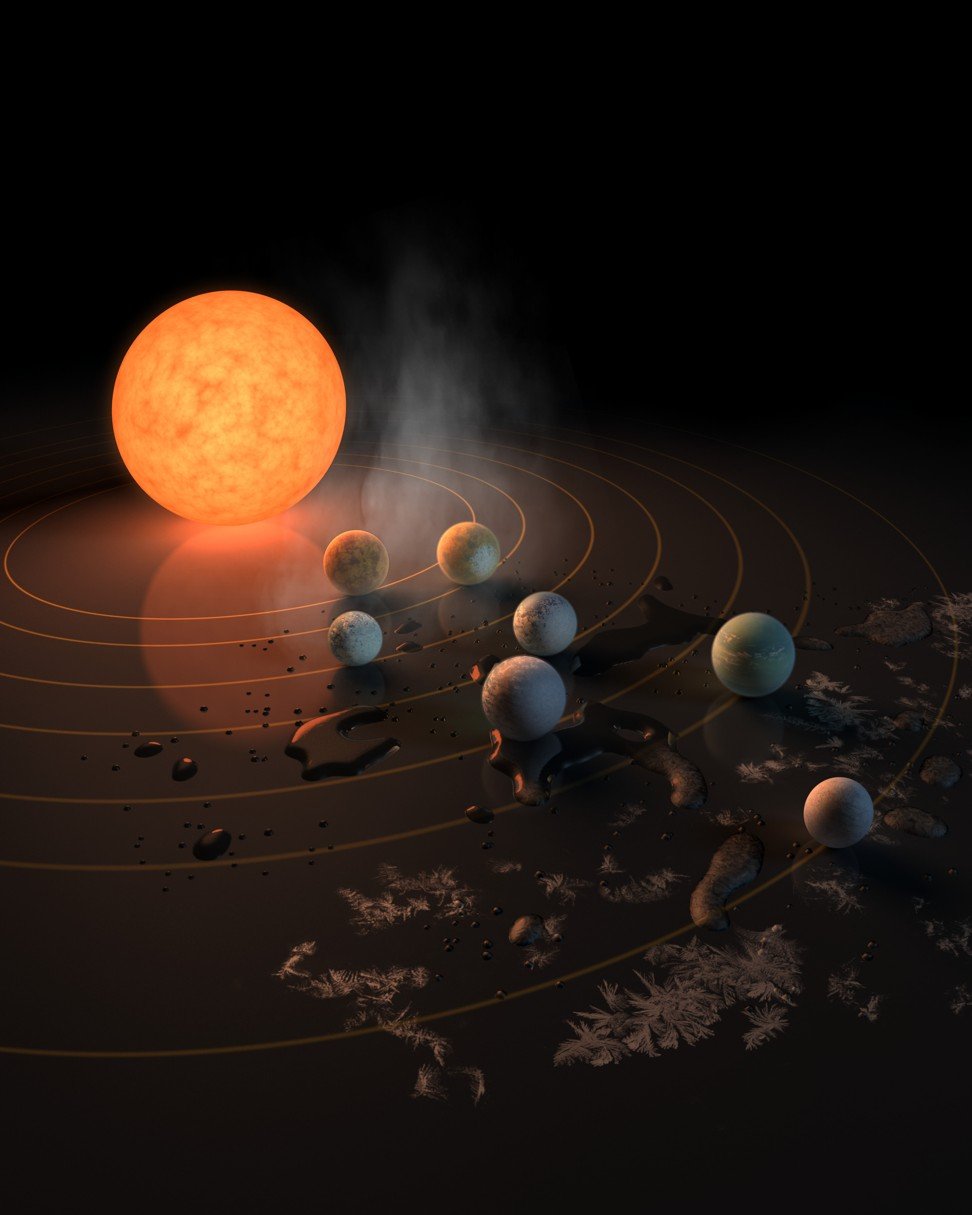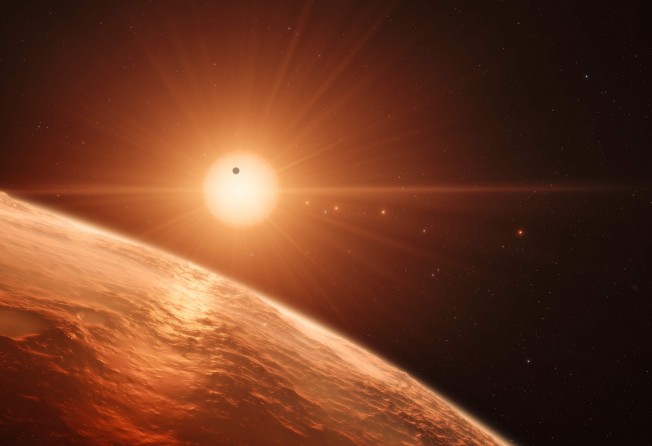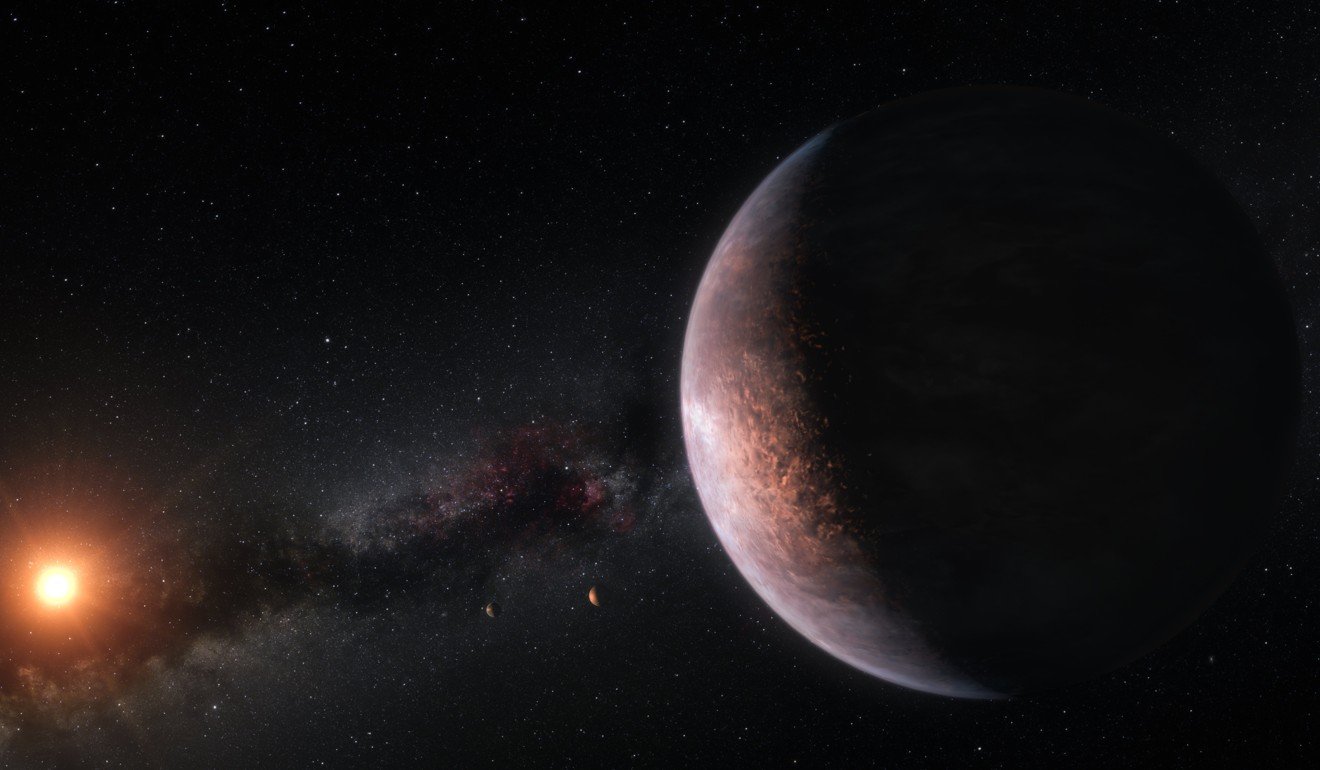
Get ready for some ‘galactic context’ as almost 100 new exoplanets discovered

The universe just got a little more crowded.
Nearly 100 new exoplanets – planets outside our solar system – have been discovered, scientists announced in a new study published on Thursday.
Using powerful telescopes, exoplanets can be detected as they orbit around their star, which causes a subtle dimming of starlight.
These most recent exoplanets were spotted using Nasa’s Kepler space telescope, now in orbit around the Earth.
Though the spacecraft had a major mechanical failure in 2013, scientists were able to reconfigure it to enable it to keep watching for exoplanets.
“We started out analysing 275 candidates of which 149 were validated as real exoplanets,” said study lead author Andrew Mayo, a PhD student at the Technical University of Denmark. “In turn, 95 of these planets have proved to be new discoveries.”
Since the first exoplanet was discovered in 1995, about 3,600 exoplanets have been found, ranging from rocky Earth-sized planets to large gas giants like Jupiter.
But this is only the tip of a very big iceberg. Astronomers say there are likely hundreds of billions of exoplanets in our galaxy alone.

“Exoplanets are a very exciting field of space science,” Mayo said.
“As more planets are discovered, astronomers will develop a much better picture of the nature of exoplanets which in turn will allow us to place our own solar system into a galactic context.”
The research was published on Thursday in the Astronomical Journal.